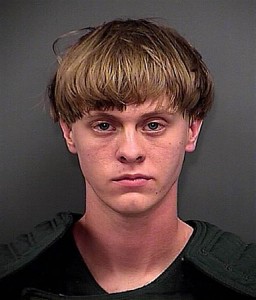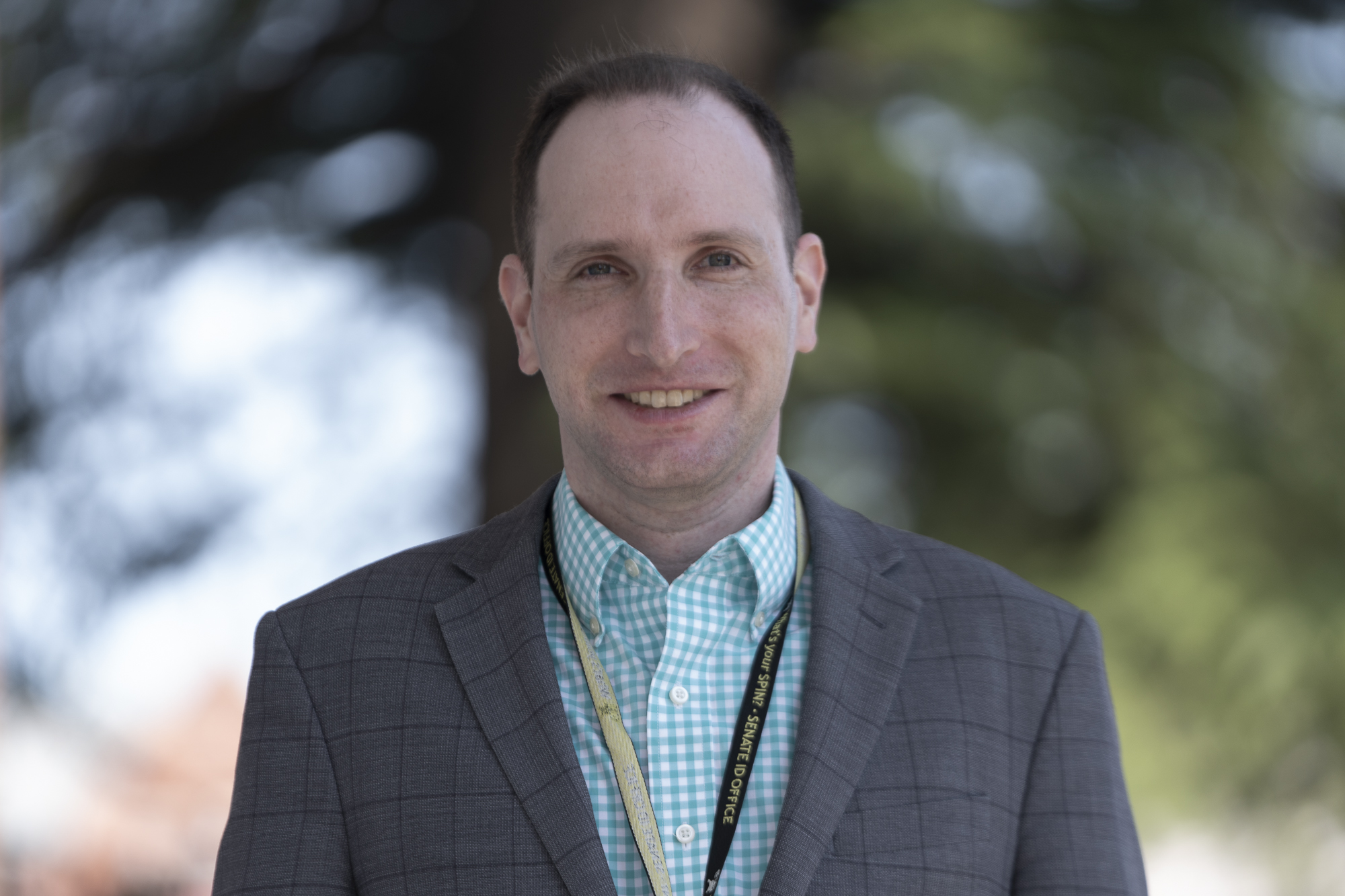Shooting in Charleston would not have been prevented with extra gun control measures
Stricter gun control measures would not have saved the lives of the nine people who were tragically gunned down Wednesday at Charleston’s Emanuel African Methodist Episcopal Church in Charleston, South Carolina.
Police said Dylann Storm Roof, 21, confessed to committing the killings because he wanted to start a race war.
Whether Roof bought the gun or received it as a gift is irrelevant; the determined 21-year old racist would have found some way to obtain a firearm.
However, in the aftermath such a tragedy, it is understandable those in pain would gravitate toward easy answers.
The crime was horrific and provoked strong reactions.
President Obama seized the opportunity to renew debate, just as he did after Sandy Hook, Tucson, Aurora and other similar incidents.

“This type of mass violence doesn’t happen in other advanced countries,” Obama said Thursday, after which he insinuated new laws are needed.
The President’s initial assertion isn’t wrong, but is simple-minded in that it overlooks America’s unique history. Guns have been part of American life since its inception and symbolize freedom. No other nation in history was borne out such rugged individualism or distrust of centralized power.
That’s why our Constitution includes an amendment stating, “The right of the people to keep and bear arms shall not be infringed.”
This does not mean regulations are not applicable — as no right is absolute — but how many are necessary to satisfy gun control advocates?
More than 30,000 exist.
Even more disturbing, many far-left activists are calling for draconian changes, including repeal of the Second Amendment.
Such efforts reinforce the notion progressives want the United States to resemble Europe, where private ownership of guns is largely non-existent.
However, limiting firepower to those in government has the capacity to facilitate the rise of those who would follow in the footsteps of Hitler and Stalin.
That is why dictatorships rarely grant this right to ordinary citizens and Roof’s alleged devotion to Nazi-like ideals should not be used to justify tyranny placated by emotion.
What evidence suggests stringent gun control measures directly correlate with reduced violence?
Connecticut arguably had America’s strictest, yet that did not prevent the blood bath at Sandy Hook.
The same can be said of Maryland; yet such measures have had little or no effect on Baltimore’s murder rate, which is among the nation’s highest.
What about New Jersey or Washington, D.C.?
In each of these jurisdictions anti-gun crusaders hijacked the debate and usually triumphed; yet results were minimal. Such claims are not contradicted by evidence suggesting states and municipalities with fewer restrictions have equally high crimes rates; that argument reinforces said policy’s ineffectiveness.
Like murder, the truth will prevail, and Americans will eventually see gun control for what it really is: a by-product of big government liberalism specifically designed to insulate those in power from accountability.
Thomas Jefferson, echoing similar sentiments is believed to have said, “Where the people fear the government you have tyranny. Where the government fears the people you have liberty.”

Bryan is the managing editor of Baltimore Post-Examiner.
He is an award-winning political journalist who has extensive experience covering Congress and Maryland state government. His work includes coverage of the first election of President Donald Trump, the confirmation hearings of Supreme Court Justice Brett Kavanaugh and attorneys general William Barr and Jeff Sessions, the Maryland General Assembly, Gov. Larry Hogan, and the COVID-19 pandemic.
Bryan has broken stories involving athletic and sexual assault scandals with the Baltimore Post-Examiner.
His original UMBC investigation gained international attention, was featured in People Magazine and he was interviewed by ABC’s “Good Morning America” and local radio stations. Bryan broke subsequent stories documenting UMBC’s omission of a sexual assault on their daily crime log and a federal investigation related to the university’s handling of an alleged sexual assault.
